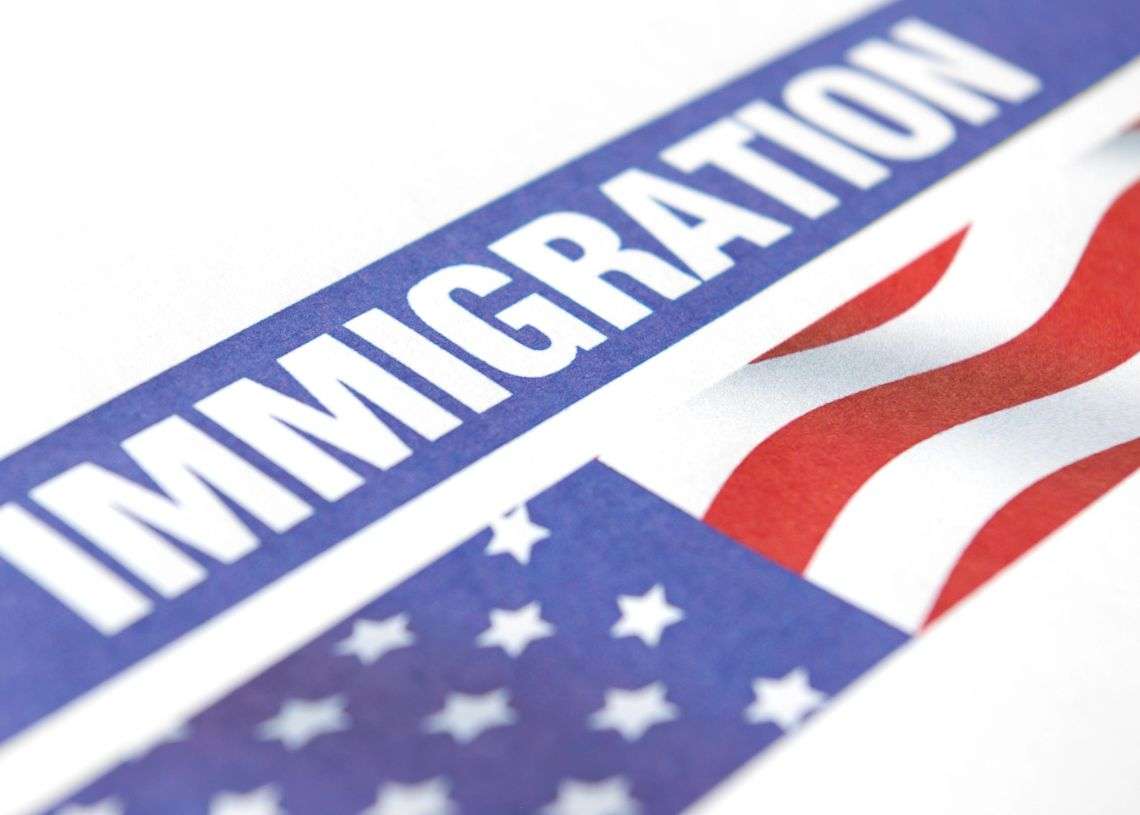The US government has confirmed that it will process all requests for humanitarian parole to legally immigrate from countries benefiting from this program, including Cuba.
This was confirmed by Blas Núñez Neto, Undersecretary of the Department of Homeland Security, in an interview with the South Florida Channel, while calling on people from these countries to use this legal process to immigrate to the United States, because it is “much better than arriving illegally.”
In his speech, the official clarified many of the usual doubts of those who applied for the program launched by the Joe Biden administration last January, review Newspaper New Herald.
This pathway, which was implemented to alleviate the unprecedented migration crisis that occurred at the southern border over the past year, grants entry permit to the United States to approximately 30,000 citizens of Cuba, Nicaragua, Haiti and Venezuela.
Despite the fact that Washington defended the program repeatedly in its early months, it has been the target of frequent criticism, mainly due to delays in approval or in providing answers to those seeking to capitalize on its benefits.
“What we have announced is that half of the requests that are processed each day are processed chronologically, that is, in the order in which they were submitted. The other half are processed randomly,” Nunez-Neto explained, citing the outlet.
“The person who applied yesterday can be processed tomorrow, but the person who was waiting for him can be sure that his application will be processed,” he explained.
Due to the high interest in the humane parole process, USCIS has updated the review process as of May 17, 2023.
Because the number of potential support people who have filed I-134A forms is well over 30,000… pic.twitter.com/84Qe1lVhnH
– US Embassy in Cuba (USEmbCuba) June 23, 2023
New Herald Apparently, about 28,000 Cubans have so far benefited from parole on humanitarian grounds, a figure lower than that approved for Venezuelans (51,000) and Haitians (about 40,000), although higher than that of Nicaraguans (23,000).
Regarding these differences, the Under Secretary of Homeland Security explained that before the change in procedures was made, “the applications were approved in the order in which they came in, and what can be seen in the numbers is that the demand from the Haitian community was very strong in the first months.”
“But now that we’ve got the lottery, it seems to me that those numbers are going to be more even in all states,” he said.
In turn, the official stressed that people choose this legal immigration path to the United States and not illegal paths, which may cost them expulsion from the country or imprisonment.
“I still tell the friends of these four countries to wait, be patient, and use this legal process which is much better than arriving illegally and possibly sending them back to their countries or to Mexico and not being able to enter for more than five years,” he said.
Cubans in times of “parole”: the new isolated migration experience
“There are many criticisms raised by this parole program, among them the criticism leveled daily by many Cuban families who have had to separate because of the apparent disorganization on the part of US Citizenship and Immigration Services (USCIS),” he estimates. In this regard. New Herald.
Como ejemplo de la anterior, la publicación cita los casos de menores de edad que no están siendo aprobados mientras que sus padres sí, “lo que los obliga a verse en la encrucijada de quedarse al cuidado de los hijos o aprovechar la oportunidad de irse a United State”.
The humanitarian parole program has been in the crosshairs of the Republican Party, which has sued on behalf of its governing states to stop its implementation.
In early June, Texas Federal Judge Drew B. Tipton adjourned the trial to determine the program’s fate until August 24.
The judge explained that the request to freeze the implementation of the program will be analyzed as part of the trial, and no later than September 29, the parties must present their proposals and conclusions regarding the disputes.
Experts in legal affairs and immigration issues believe that the verdict on this issue will not take place, at least before the end of this year.
The decision to extend the trial was issued at the request of the parties to the dispute, given the volume of evidence and witnesses involved in preparing the case.

“Unapologetic tv specialist. Hardcore zombie trailblazer. Infuriatingly humble problem solver.”

:quality(85)/cloudfront-us-east-1.images.arcpublishing.com/infobae/E5XSENSJDNHJTBDS3WVAI5X2HU.jpg)
:quality(85)/cloudfront-us-east-1.images.arcpublishing.com/infobae/2JXPXNAEEJA5HPISPYS6VEZRCY.jpg)




More Stories
Vietnam Airlines performs well in the first quarter of 2024
Relatives of prisoners in Ecuador condemn ill-treatment and food shortages (+photos)
Increased retirement age in the Czech Republic